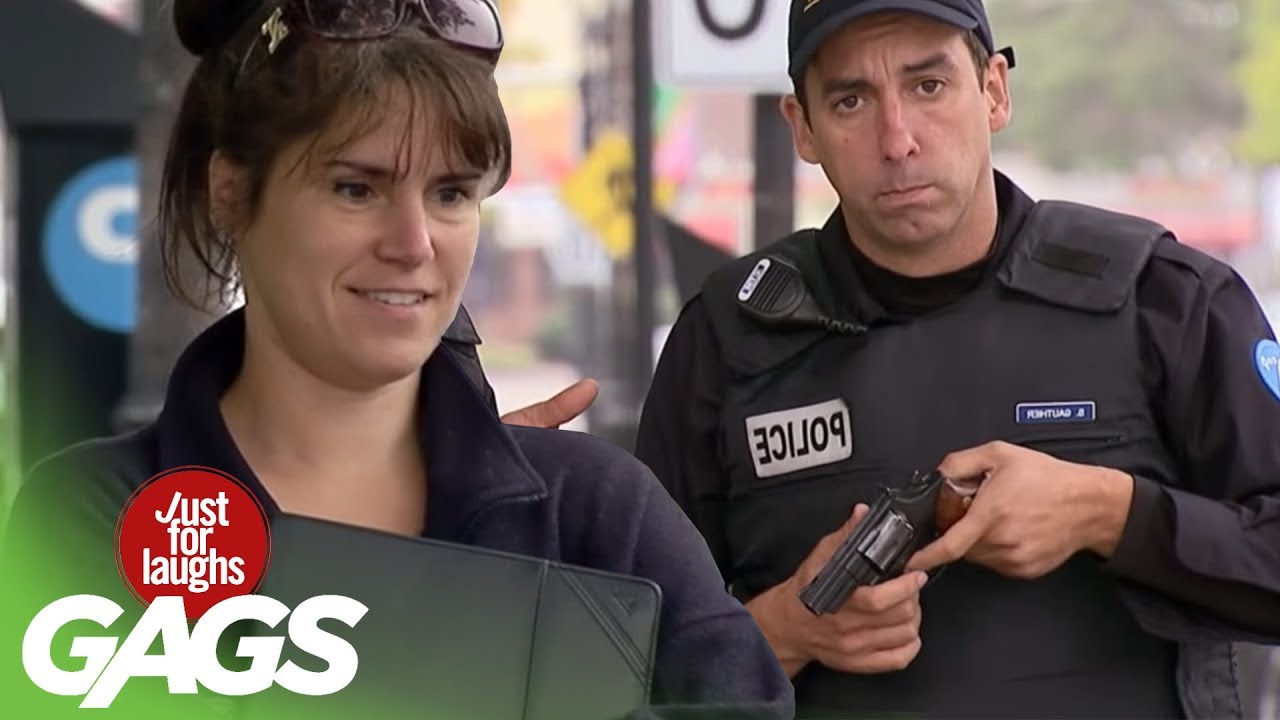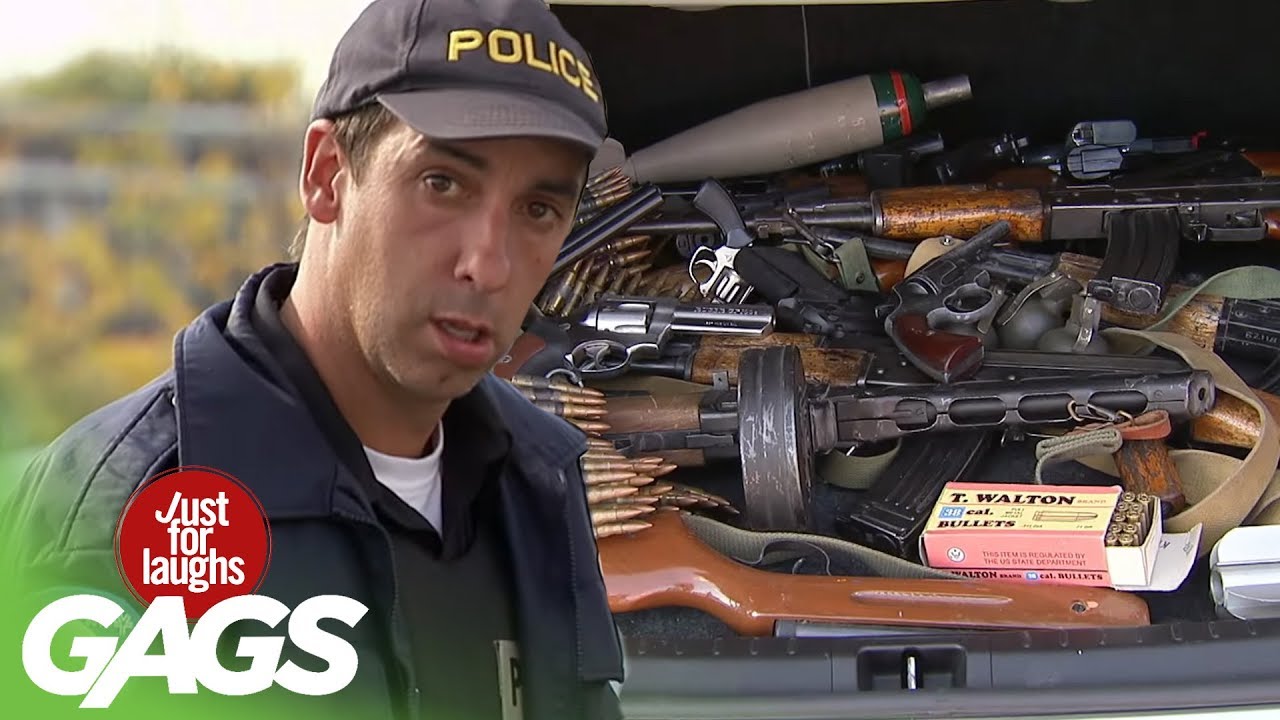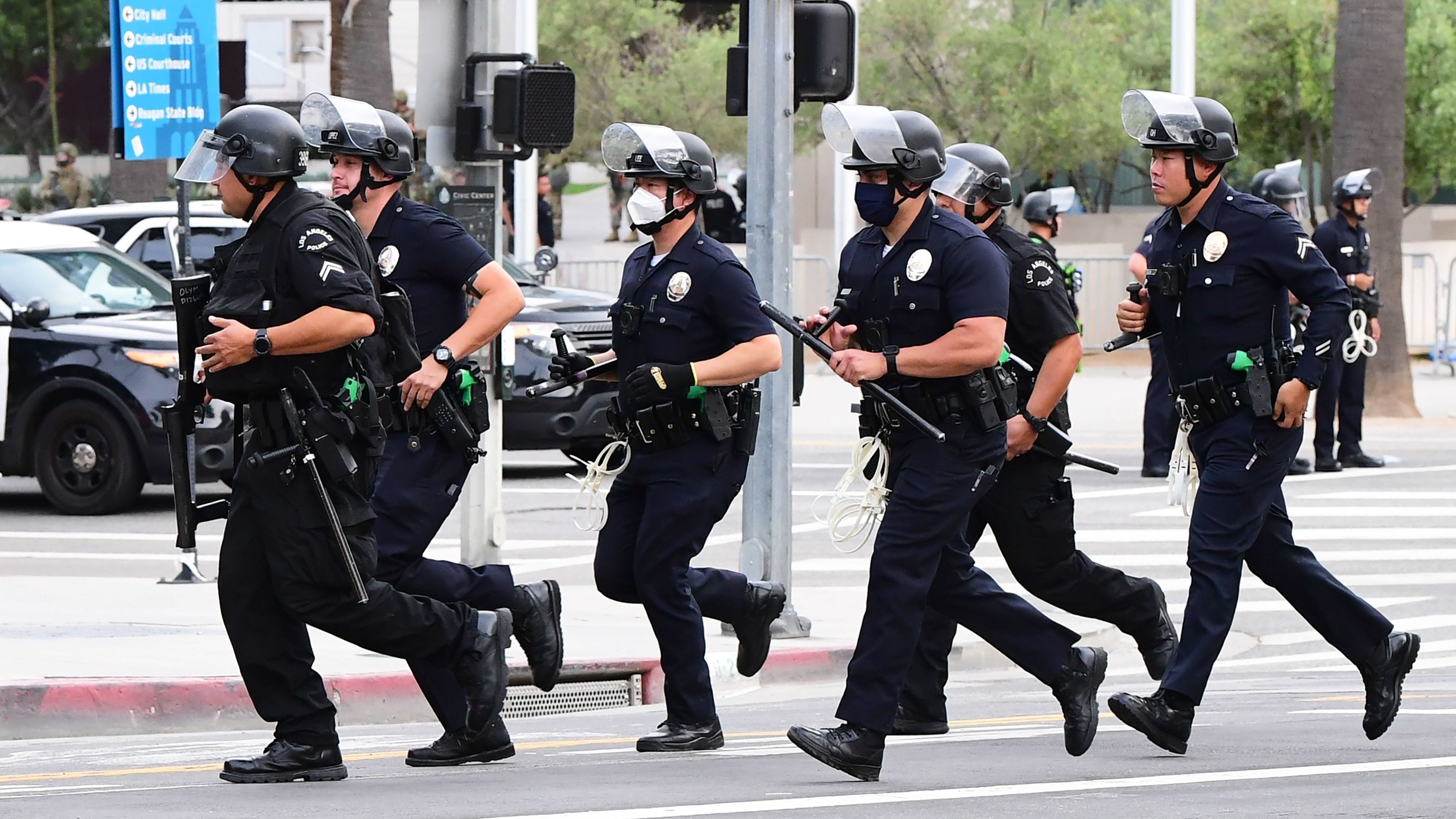Joe Biden is endorsing full rights of police to go into your home without a warrant and just steal your guns, without even charging you with a crime, under the premise of safety.
They’re just doing everything you don’t want.
A U.S. Supreme Court case that could dramatically expand the ability of police to enter homes without warrants, including to seize firearms, had a wide-ranging and freewheeling oral argument on Wednesday. In debating an exception to the Fourth Amendment, the justices managed to invoke Albert Camus, crying babies, dangerous falls by the elderly, Kojak, mask ordinances, plague rats, tree-climbing cats, and Vincent van Gogh.
The case, Caniglia v. Strom, began with a heated argument between an elderly married couple in Cranston, Rhode Island. During the squabble, Edward Caniglia grabbed an unloaded handgun and asked his wife Kim, “Why don’t you just shoot me and get me out of my misery?”
Kim decided to spend that night at a motel. Concerned about her husband, the following morning Kim asked Cranston police to perform a “well check” on Edward. When approached by police, Edward denied he was suicidal, but officers still insisted he undergo a psychiatric evaluation at a local hospital; he was immediately discharged.
But while Edward was gone, police seized two handguns from the couple without a warrant and refused to return them until Edward was forced to bring a civil rights lawsuit. To justify the seizure, police invoked the “community caretaking” exception to the Fourth Amendment’s warrant requirement, which the Supreme Court first crafted to deal with impounded cars and highway safety. Despite its vehicle-specific origins, both a district court and the First Circuit U.S. Court of Appeals upheld the warrantless gun seizures, expanding the exception to encompass private homes.
Yet during oral argument on Wednesday, the justices were more focused on crafting abstract hypotheticals than analyzing the case’s actual facts, a point not lost on Justice Sonia Sotomayor. “I think what everyone has forgotten here is that, at least in this situation, there was no immediate danger to the person threatening suicide and no immediate danger to the wife because the suicide person was removed to a hospital,” the justice noted.
Why did she refer to him as “the suicide person”?
Nevertheless, police “decided on their own to go in and seize the gun.” Sotomayor also wondered if the officers could “have gone into the house and taken not just the gun but any bat, knife, anything else that in their judgment this man could have used to commit suicide?”
As she recounted, the case involved not one, but two, types of seizures: forcing Edward to go to the hospital and then taking his guns. When police “removed this gentleman and [took] him to the hospital,” Sotomayor explained, “that’s a seizure, because they had reason to believe that he was threatening suicide.” In Sotomayor’s view, that was “very much an exigent circumstance,” i.e. an emergency situation long exempt from the Fourth Amendment’s warrant requirement.
But Sotomayor was less sympathetic toward the officers’ second seizure. “Missing here,” she noted, “is the next step, which is going into the home without attempting to secure consent from the wife and seizing the gun and then keeping it indefinitely until a lawsuit is filed.”
Her comments hinted at a way for the Supreme Court to still allow police to perform wellness checks (which were repeatedly raised during oral argument) when there isn’t time to get a warrant, but without giving officials broad authority to break into homes and conduct warrantless seizures. “When we permit police to search and seize without some standard, we run the risk of situations like this one repeating themselves,” Sotomayor remarked.
This risk featured prominently in the amicus briefs filed by gun-rights advocates. “Expansion of the ‘community caretaking’ exception into the home will be used by police in jurisdictions with onerous or constitutionally-questionable firearm restrictions to turn every call to a house into a search for guns under the pretext of ‘helping’ those present,” warned a joint amicus brief filed by the Second Amendment Law Center, the California Rifle and Pistol Association, and Gun Owners of California. Simply put, “the Fourth Amendment has no ‘gun’ exception.”
Although Caniglia v. Strom centers around seizing guns from someone suspected of being suicidal, its reach will be much, much broader. Should the Supreme Court adopt the Biden Administration’s argument that “the Fourth Amendment permits a warrantless seizure or home entry that is reasonably necessary to protect health or safety,” such public health and safety concerns could “become a pretext for law enforcement,” argued Shay Dvoretzky, who argued for Caniglia before the High Court.
“Nearly every criminal violation has public safety implications, so dispensing with the warrant requirement whenever police can point to a health or safety motive would eviscerate the Fourth Amendment,” said Dvoretzky. “Virtually any criminal situation can also be described in health or safety terms,” he added. “For any situation involving drugs and alcohol,” Dvoretzky posited, “police could just say they were going into the home in order to make sure that the suspect was okay.”
Nor would police need warrants to enter a home to arrest someone they had been following, since officers could easily claim the arrestee “would be dangerous for the other occupants of the home.” Building on that point, Justice Neil Gorsuch asked, “What does the government do that doesn’t involve health or safety?”
Well, they don’t do much that can’t be construed to involve that.
But giving the idea of a “wellness check” because your stupid whore wife called the cops on you as part of her terror campaign, in itself creates an incentive for the wife to use the police to harass you.
Assuming that “preventing self-harm” is some fundamental duty of the government that supersedes Constitutional rights already embeds the idea that the government has a right to violate your privacy for your own good. It creates the same situation where anything can be construed as “for your own good.”
It’s like the old tale of the dog who wrought vengeance upon his master…
Making the leap from “we have to be able to check people’s cars for weapons or explosives when they’re being arrested” to “check their home on the call of a wife” is a huge leap.
Clearly, they’re not going to allow for the gun seizure, because that is just nuts, but they’re doing something huge for the left by allowing the “wellness check.”
The Biden people are going to ping the court with a few of these crazy cases, then they’re going to stack it, over some dramatic issue. They will probably stack it over something to do with gun control, after some suspicious mass-shooting.
Understand: there is nothing that keeps Biden from stacking the court, other than decorum. Clearly, that does not exist any longer. When they do stack the court, they are just going to ram through all of these laws you hate and bury you with them. That way, this entire lawless regime can be legitimized.
White people say “Blue Lives Matter,” but blue people don’t say “White Lives Matter.” The cops, a multiracial gang of sadists, will do whatever the government tells them to do, as you’ve seen throughout this coronavirus hoax.
Cops are trained to view you as the enemy. That is one thing the blacks actually got right. They’ve been riling these people up, cleaning out the ones who think too much, for decades.
Maybe you can trust the Sheriff some places, but the Sheriff is overruled by state police, who are federalized.
The last thing standing between you and a totally sadistic Jewish rampage was a big orange man, and he didn’t stand so good.
 Daily Stormer The Most Censored Publication in History
Daily Stormer The Most Censored Publication in History






